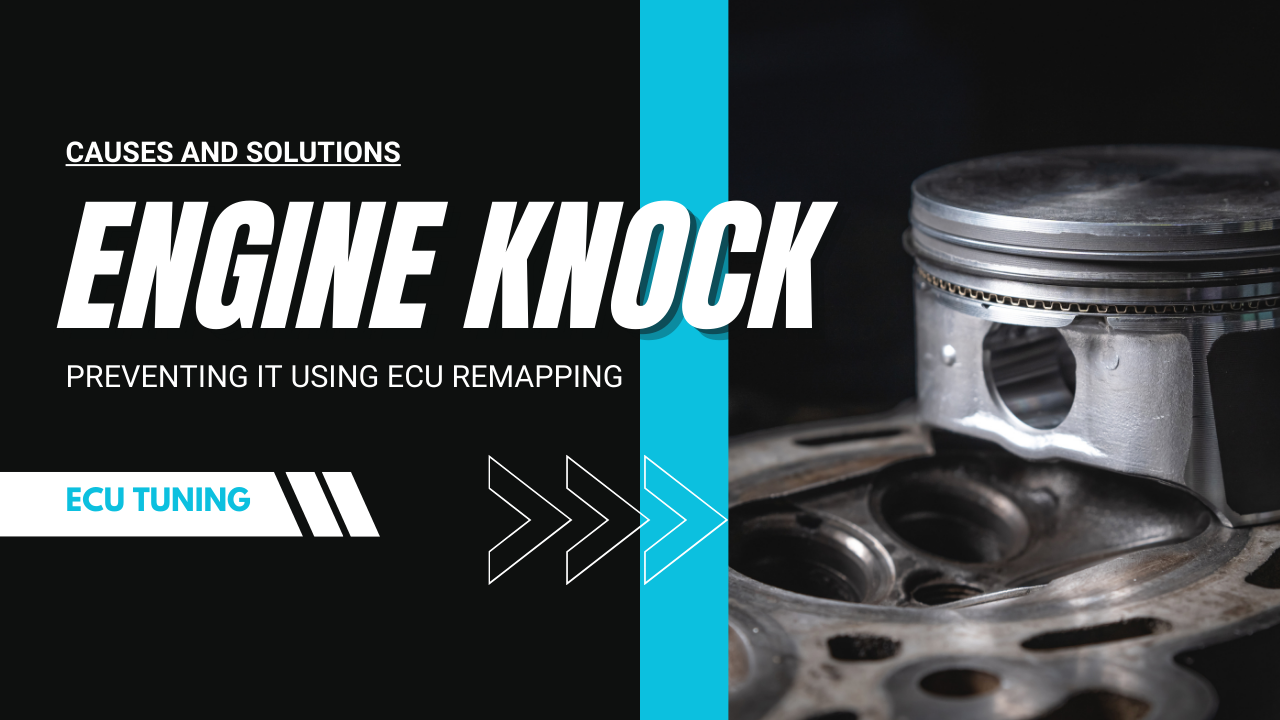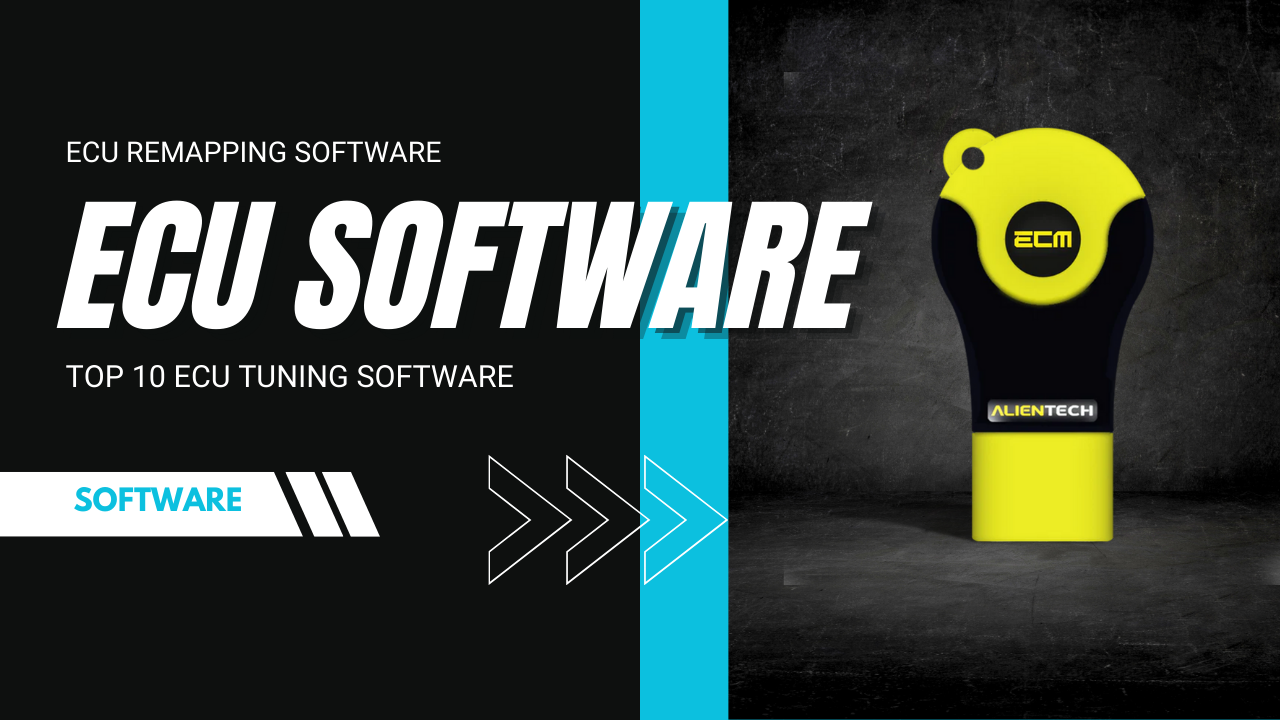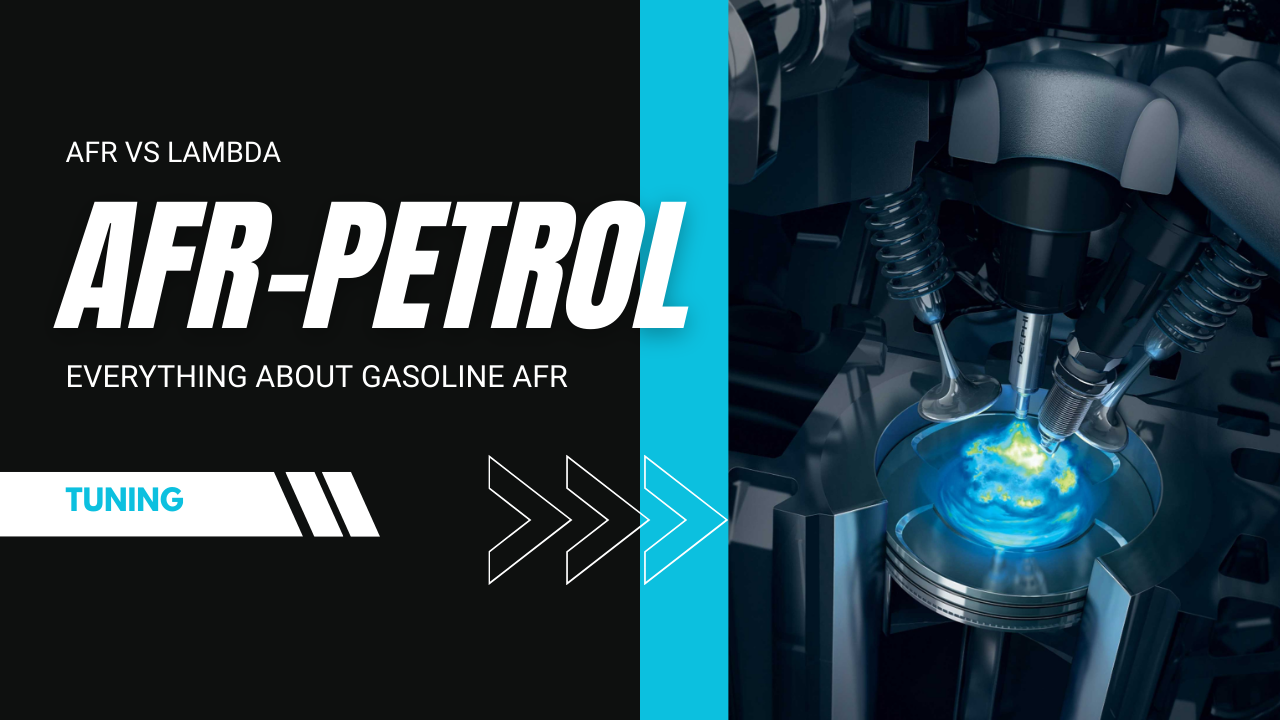
What is Dyno Tuning Vs Road Tuning vs OBD Remap
What is a dyno tune?
Dynamometer is a device measures the horsepower and torque of an engine. It is mostly used to compare the car performance before and after a remap. When a vehicle is on a dyno you can get precise results based on the modifications you do on the software. Almost all of the dynos have a wide-band oxygen sensors to measure the AFR (air-fuel-ratio) of the engine. On a dyno the main focus should be on “How to tune the ignition timing ,fuel ratio, turbo boost and limiters”, if you get it right you can gain so much more, even out of stock vehicles.
What is on road tuning?
On-road tuning is the process of adjusting a vehicle’s engine parameters while driving on actual roads, rather than in a controlled dyno environment. This method relies on data logging, wideband sensors, and tuning software to analyze real-time engine performance under different driving conditions. Factors such as airflow, load, terrain, and temperature are taken into account, allowing for adjustments that enhance throttle response, fuel efficiency, and overall drivability. Using a wideband, data logger, and knock detector ensures accurate monitoring of air-fuel ratios, ignition timing, and engine safety. At a higher level, Alientech DynoDrive can be used to simulate real-world loads for even more precise tuning. While on-road tuning may not provide the exact power measurements of a dyno, it ensures that the tune is optimized for real-world performance and reliability.
• What’s a data logger?
It’s an electronic device that connects to the vehicle and records engine parameters like RPM, air-fuel ratio, boost, ignition timing, etc. By analyzing the data, a tuner can modify the necessary engine maps precisely, even remotely.
• What’s a wideband sensor?
It’s an oxygen sensor that is installed in the exhaust and measures the real-time AFR of an engine. It has a gauge that shows the AFR and you can go on runs with the vehicle to adjust the AFR of the vehicle.
• What’s a knock detector?
A knock detector is a sensor that detects engine knock (pre-detonation or pinging) by monitoring vibrations and sound frequencies. It helps tuners adjust ignition timing and fuel mapping to prevent engine damage and optimize performance.
For example, if you installed headers on your NA car, the most important parameter is the AFR, which can be adjusted with a wide-band sensor and doesn’t necessarily need a dyno-map. It only takes 2 or 3 runs for a professional tuner to reach the goal AFR for most cars. It always come down to how much experience and knowledge a tuner has.
What is the difference between street remap and dyno tune?
Road tuning and dyno tuning differ in approach, environment, and data accuracy. Road tuning is performed on actual roads, using data loggers, wideband sensors and in some cases Alientech’s Dynodrive to adjust engine parameters based on real-world driving conditions. It accounts for factors like airflow, load, and terrain, making it effective for optimizing drivability. On the other hand, dyno tuning is done in a controlled setting using a dynamometer, which measures horsepower, torque, and engine efficiency under simulated conditions. This allows for precise, repeatable adjustments without external variables. While dyno tuning is ideal for achieving maximum power and accuracy, road tuning provides tuning based on real driving behavior, making each method useful depending on the tuning goals.
Custom Dyno Remap Services
At Schiller tuning, we offer custom dyno remap services for all types of vehicles, whether stock or highly modified. Our remote tuning solutions allow us to perform precise ECU calibration on a dyno, ensuring maximum power, efficiency, and drivability. Using advanced tools like knock detectors, data loggers, and wideband sensors, we fine-tune fuel maps, ignition timing, and boost levels with high accuracy. Our professional remaps are developed using WinOLS software, allowing us to optimize performance for petrol and diesel engines remotely. Whether you need a performance upgrade or improved fuel efficiency, our expertise ensures a safe and reliable tune tailored to your vehicle’s needs.
OBD remap without dyno
An OBD remap is performed by modifying the ECU software through the On-Board Diagnostics (OBD) port, without using a dyno. This method applies a pre-developed calibrated tune based on the car’s engine type and specifications. While it can improve power, torque, and fuel efficiency, it lacks the real-time precision of dyno tuning. For most stock vehicles, an OBD remap provides a noticeable performance boost without the extra cost of a dyno session.
Do you need a dyno to remap
No, a dyno is not always necessary for a remap, but it enhances accuracy. A remap can be done using pre-tested software or road tuning with data logging and wideband sensors. However, a dyno tune ensures precise power measurements, making it ideal for high-performance applications. Whether a dyno is needed depends on the tuning goals and the level of accuracy required.
Dyno tuning vs Remap cost
The cost of dyno tuning vs. remapping varies based on vehicle type, tuning method, and customization level. A basic OBD remap is generally cheaper since it applies a pre-tested software upgrade. Dyno tuning, on the other hand, requires specialized equipment and real-time adjustments, making it more expensive but highly precise. While OBD remaps suit stock vehicles, dyno tuning is better for performance modifications.
Remap dyno tuning cost
The cost of a remap with dyno tuning depends on factors like vehicle model, engine type, and tuning complexity.
Standard ECU remaps typically range from $300 to $800
custom dyno tune can cost between $500 and $1,500, depending on the level of adjustment needed. Though dyno tuning is pricier, it delivers optimized power, efficiency, and safety, making it a worthwhile investment for enthusiasts.
Dyno tune near me :
Finding a dyno tuning service near you ensures that your car gets a custom ECU calibration suited to its modifications. A professional dyno shop provides accurate power readings, fine-tuned fuel maps, and optimized performance. When searching for dyno tuning, look for experienced tuners who use advanced tools like Alientech, WinOLS, and DynoDrive for the best results.
Dyno Tuning Software
Dyno tuning software is essential for adjusting ECU maps and optimizing fuel, ignition, and boost settings. Popular tools like WinOLS, ECM Titanium, and Alientech’s KESS and K-TAG allow tuners to modify engine parameters with precision. Advanced software, combined with a dyno, enables real-time performance analysis, making it a crucial tool for professional tuners.
Contact us: Contact us easily via WhatsApp at +45 55 22 92 98
Email: [email protected] We’re here to help!
If you found this helpful, please consider sharing it with others!
FAQs:
1. What is a dyno?
A dyno (dynamometer) is a device that measures a vehicle’s power, torque, and engine performance under controlled conditions.
2. What is road tuning?
Road tuning involves adjusting the engine’s parameters while driving on real roads, using data logging and wideband sensors to optimize performance.
3. What is the difference between remap and dyno?
A remap is a software adjustment to improve performance, while dyno tuning involves fine-tuning the remap using a dynamometer for precise results.
5. Do you need dyno to remap?
No, a remap can be done without a dyno, but using a dyno ensures more precise calibration and performance optimization.
6. Does my car need dyno tuning?
Dyno tuning is beneficial for performance vehicles, modified engines, or those requiring precise adjustments, but it’s not always necessary for basic remaps.
Related Articles:

Causes of Engine Knock and fix It Using ECU Remapping
In this article we are familiar with causes of Engine Knocking and fix It Using ECU Remapping

Top 10 ECU Tuning Software
"Discover the top 10 best ECU Remapping software options in our comprehensive comparison, featuring popular software like WinOLS, ECM Titanium, and more.

Petrol AFR vs Lambda / Everything About the Lambda Air/Fuel Ratio Chart
Learn about Petrol AFR vs Lambda, how to convert Lambda to AFR, and the best AFR for power. Explore the Lambda air/fuel ratio chart for optimal performance.